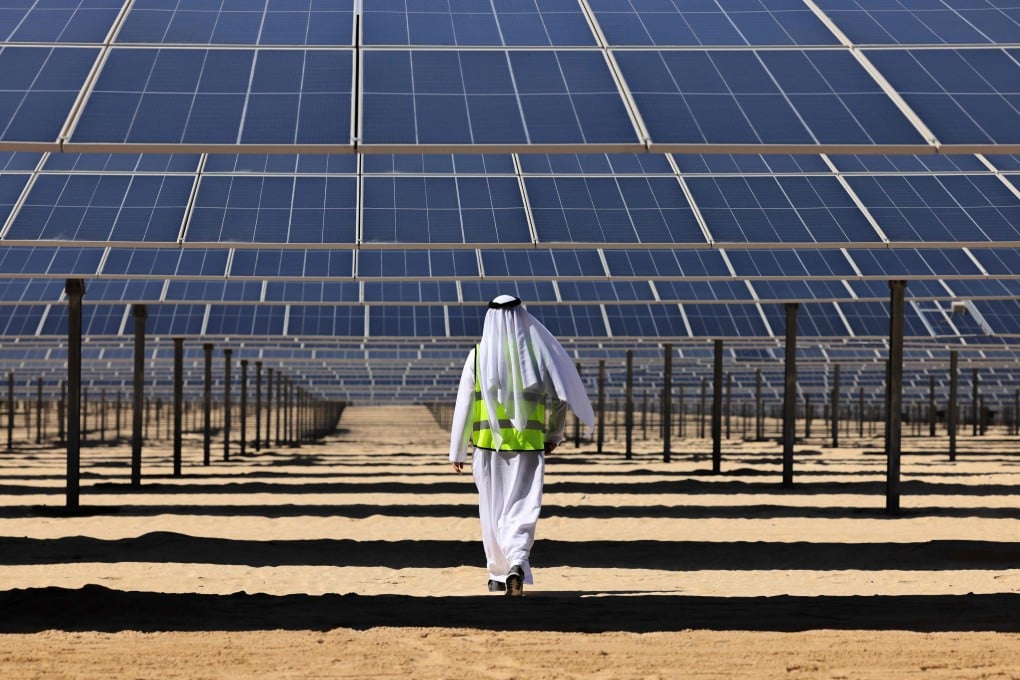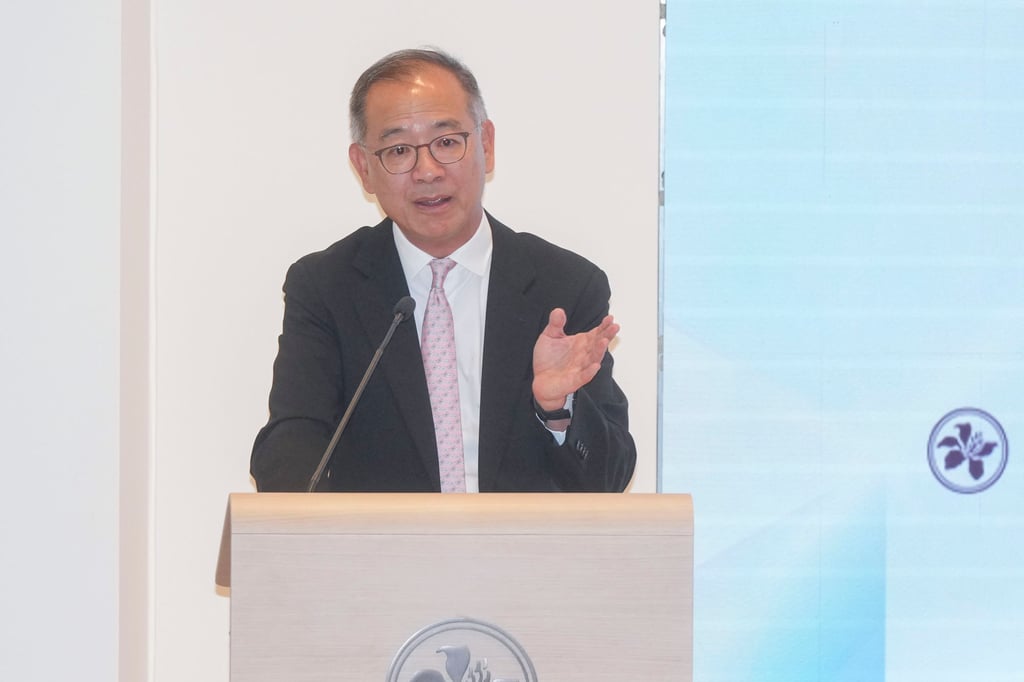Hong Kong, Dubai seek to strengthen ties on sustainable finance as climate risks mount
Global climate finance must increase by at least sixfold to US$8.5 trillion annually through 2030 to prevent global warming, a US non-profit says

Banking authorities in Hong Kong and Dubai are strengthening their ties to promote sustainable finance, pledging to attract more investments to address climate change in addition to earlier collaboration on policy responses.
The Hong Kong Monetary Authority (HKMA) and the Dubai Financial Services Authority (DFSA) signed a memorandum of understanding (MOU) on Monday to cement their partnership on the matter, pledging to enhance cross-border dialogue, deepen information exchange and explore ways to contribute more to the green bond market.
“Climate change is a global challenge that requires a collaborative response,” HKMA CEO Eddie Yue Wai-mun said at the Climate Finance Conference in Hong Kong. Hong Kong and Dubai “can and should do more together. We cannot afford to wait until we have a perfectly robust approach.”
The MOU follows a partnership in December when both regulators agreed to further develop policy and regulatory responses to support climate finance in both regions. Climate finance refers to all financial flows – domestic and international, public and private – that seek to address the causes and consequences of climate change.

Global climate finance has steadily increased over the past few years, reaching an all-time high of about US$1.3 trillion in 2021, according to the Climate Policy Initiative. Annual flows must increase by at least sixfold to US$8.5 trillion between now and 2030 to prevent global warming of more than 1.5 degrees Celsius by the end of this century, the US non-profit estimated.